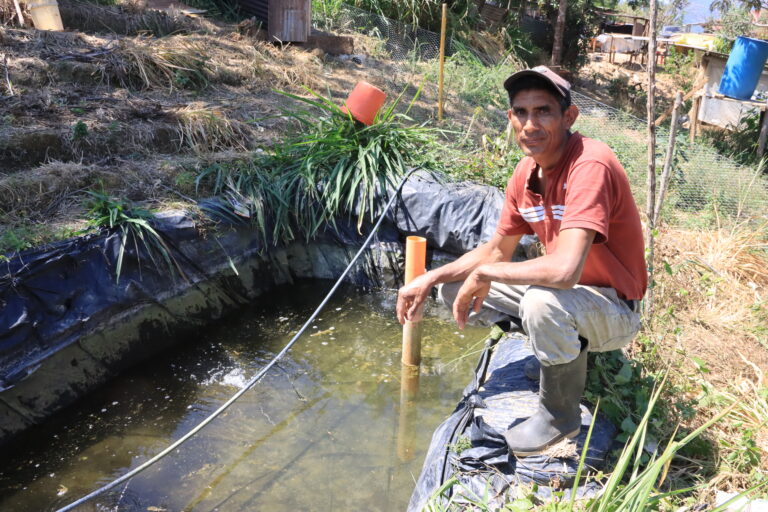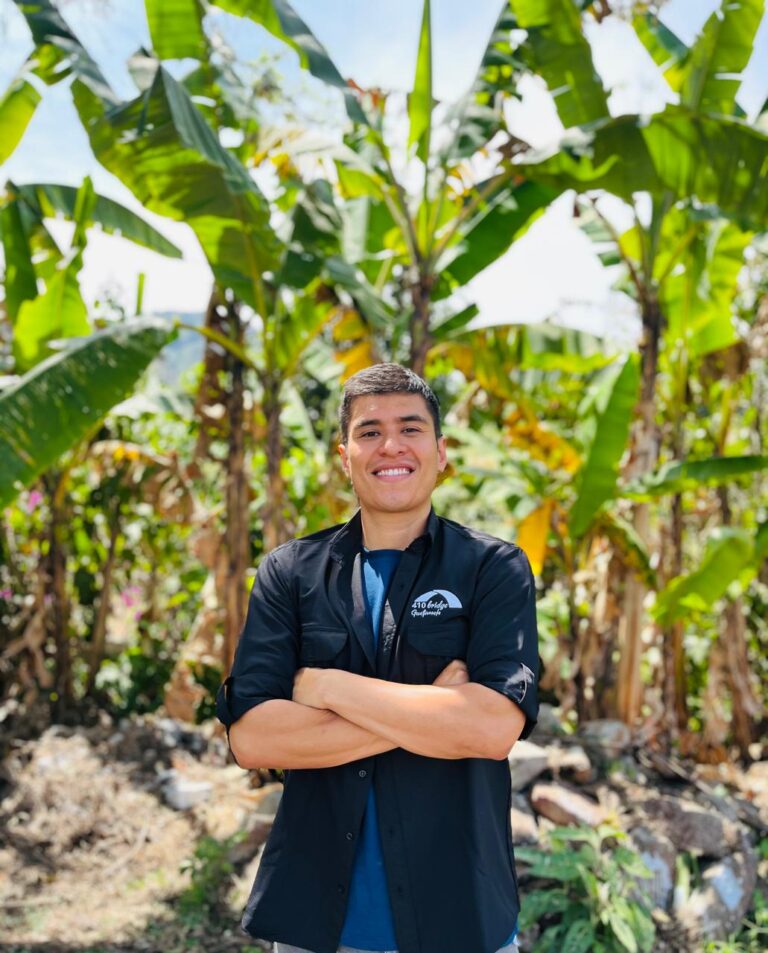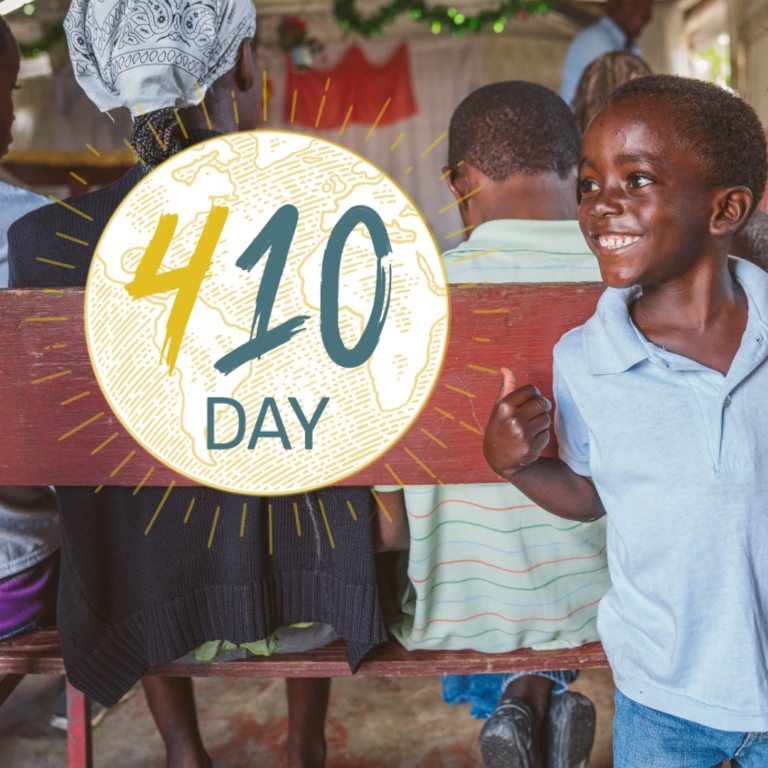Within the past two weeks, I’ve had a couple of interactions surrounding the turmoil in Haiti that are noteworthy. If somehow you haven’t heard, or maybe it just doesn’t come across your news feed, the latest in a seemingly endless series of crises in Haiti was the assassination of their president. A State of Siege was declared by the government, and once again, the situation in Haiti plunges further into uncertainty.
Shortly after the assassination, I was forwarded an article from the NY Times – Interpreter titled, “How Did Things Get So Bad in Haiti?” The authors – Fisher and Taub – do a pretty good job of outlining the litany of problems (villains) that Haiti has faced over the years – European hostility, American meddling, international NGO’s, corruption, and “a decades-long series of man-made and natural disasters” as contributors to Haiti’s plight. They say it well, “The short answer is that there is no short answer.”
True.
And I wouldn’t disagree.
And yet… keep reading.
Another interaction I had around the same time was from a WhatsApp group that I’m in comprised of dozens of NGOs, missionaries, and well-wishers working in Haiti. The forum was established to provide critical security communications, facilitate support, information sharing, and collaboration between the participants. It works pretty well, and for the most part, serves everyone well.
In one particular thread, a participant took the opportunity to express their opinion on a solution to the civil unrest. They said, “It is not an exaggeration to say that… missionaries are the heart and soul of [Haiti].” They went on to encourage their peers to “…draft a letter to the White House, and US State Department and the US Embassy in Port au Prince to humbly request that they do something to stop the turmoil.”
…and herein lies the problem.
We see it subtly in the Interpreter article and obviously in the perspective of a dedicated well-wisher actively serving in Haiti.
The ‘heart and soul’ of Haiti are not the missionaries. The heart and soul of Haiti are the Haitian people. At best, the comment was written from emotion and is misguided. At worst, it’s disturbing and at the core of the problem with outside well-wishers.
The 410 Bridge has been working in rural Haitian communities, attempting to conduct our holistic community development model, for nearly 12 years. That may seem like a long time, but in Haitian years it is not. I say ‘attempting’ because the work is slow and fraught with challenges unique to other countries where we work. We’re outsiders. We see ourselves as guests, learners, and co-laborers.
Anyone that knows me, and the work of 410 Bridge, know that we do not define poverty as a material problem. We believe it is an issue of worldview. Lots of people I talk to have a problem with the word ‘worldview’. Perhaps because it’s steeped in religiosity, but it’s just a word. If you struggle with it, insert something else. It’s an issue of perspective… or the story that you tell yourself to be true… or the conversation you’re having in your head. Call it what you want. The truth is that we’ve seen the amazing transformation that can occur in a rural community struggling with extreme poverty when the focus moves from materiality to worldview change.
And that, to me, is the missing element in the Interpreter article and most certainly in the WhatsApp comment.
The article leaves out a fundamental ‘villain’ – the Haitian people’s worldview. When we continue to point to outsiders as the primary source of the problems in Haiti, and, even worse, point to outsiders as the primary source of the solutions, we simply reinforce a worldview that the Haitian people are incapable of their own development. We reinforce a victim mentality that takes them further and further away from claiming their empowerment and self-development.
For the 410 Bridge, our work is to partner with rural Haitian communities to help them lift themselves out of extreme poverty.
Indigenously led.
Ultimately indigenously sustainable.
We want to work ourselves out of a job as quickly as possible.
We envision 410 Bridge partner communities as beacons of ‘light on the hill’ for what’s possible in the rest of the country.
But we do not work in a vacuum. Haiti is a petri dish of well-intended outsiders focused on their version of the problem. Most, in my view, are focused on the wrong problem and that affects our potential success.
What’s missing – in the Interpreter article and the work of outsiders – will continue to be missing until we start to change the conversation and the actions around redefining the war on poverty. What it means to truly win it. What it means for the people living in poverty. And how we fight the battle together.
_____________________________________________________________________
Visit Haiti Earthquake Information – The 410 Bridge to learn about response and recovery efforts to the Haiti Earthquake.




